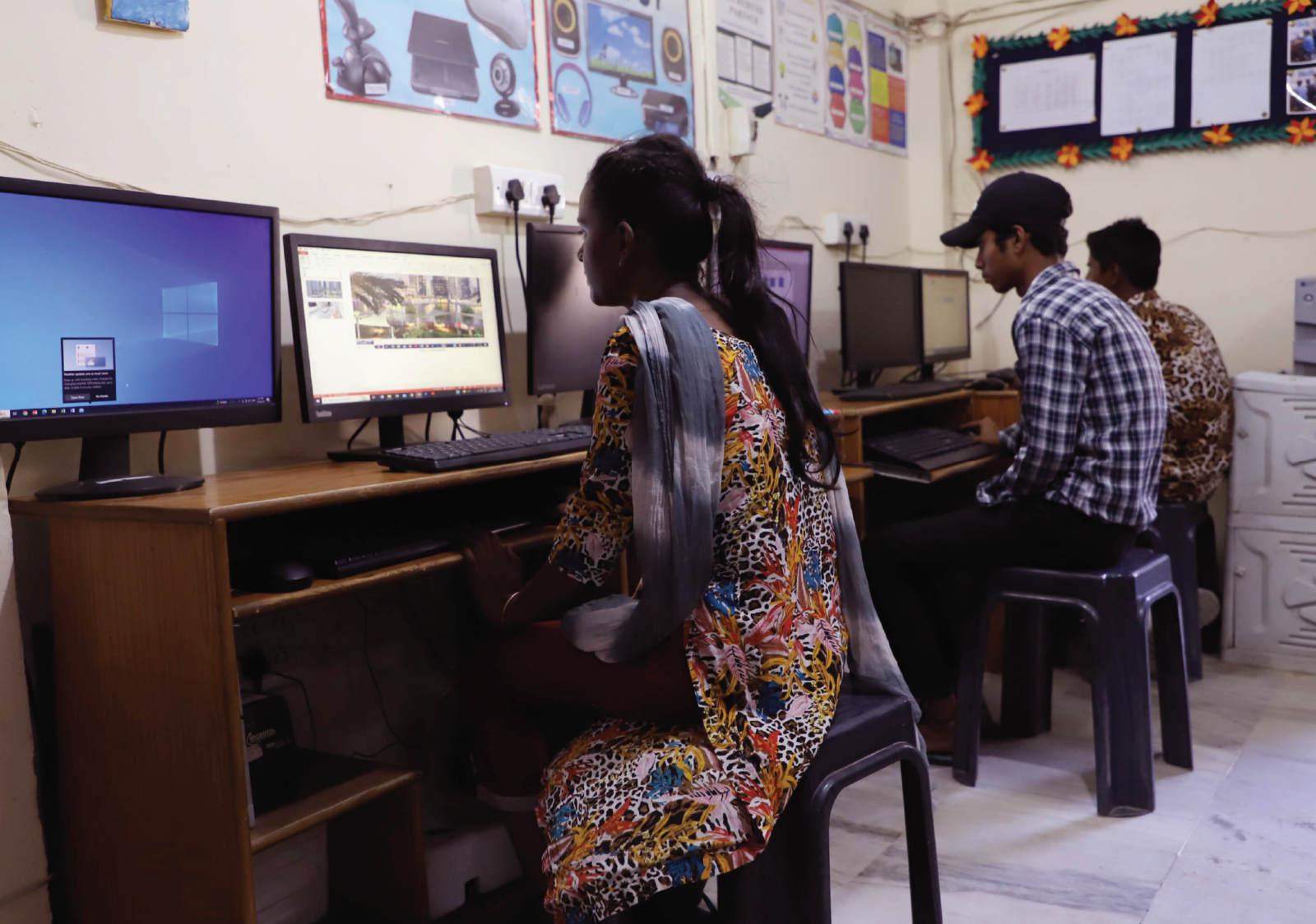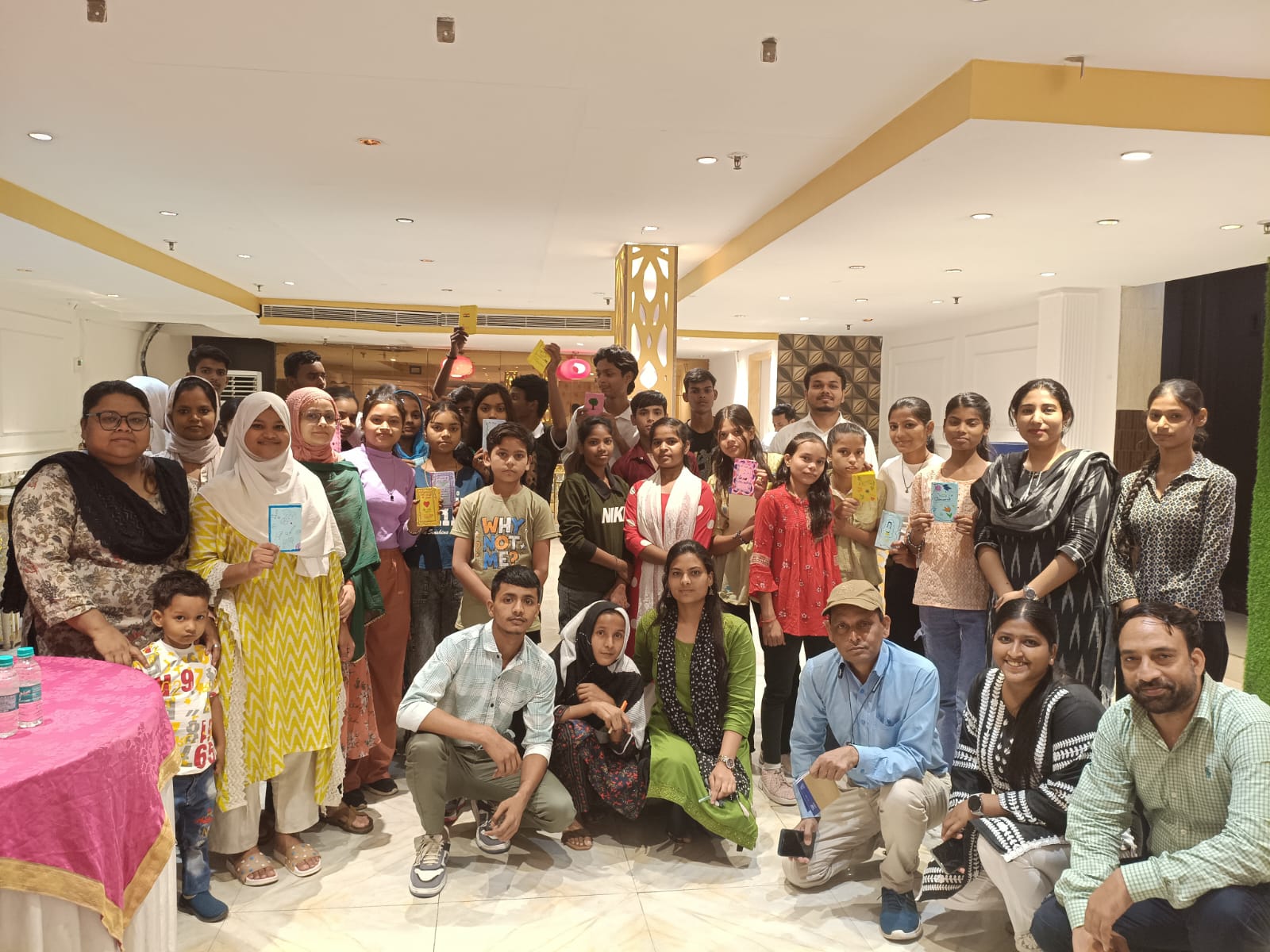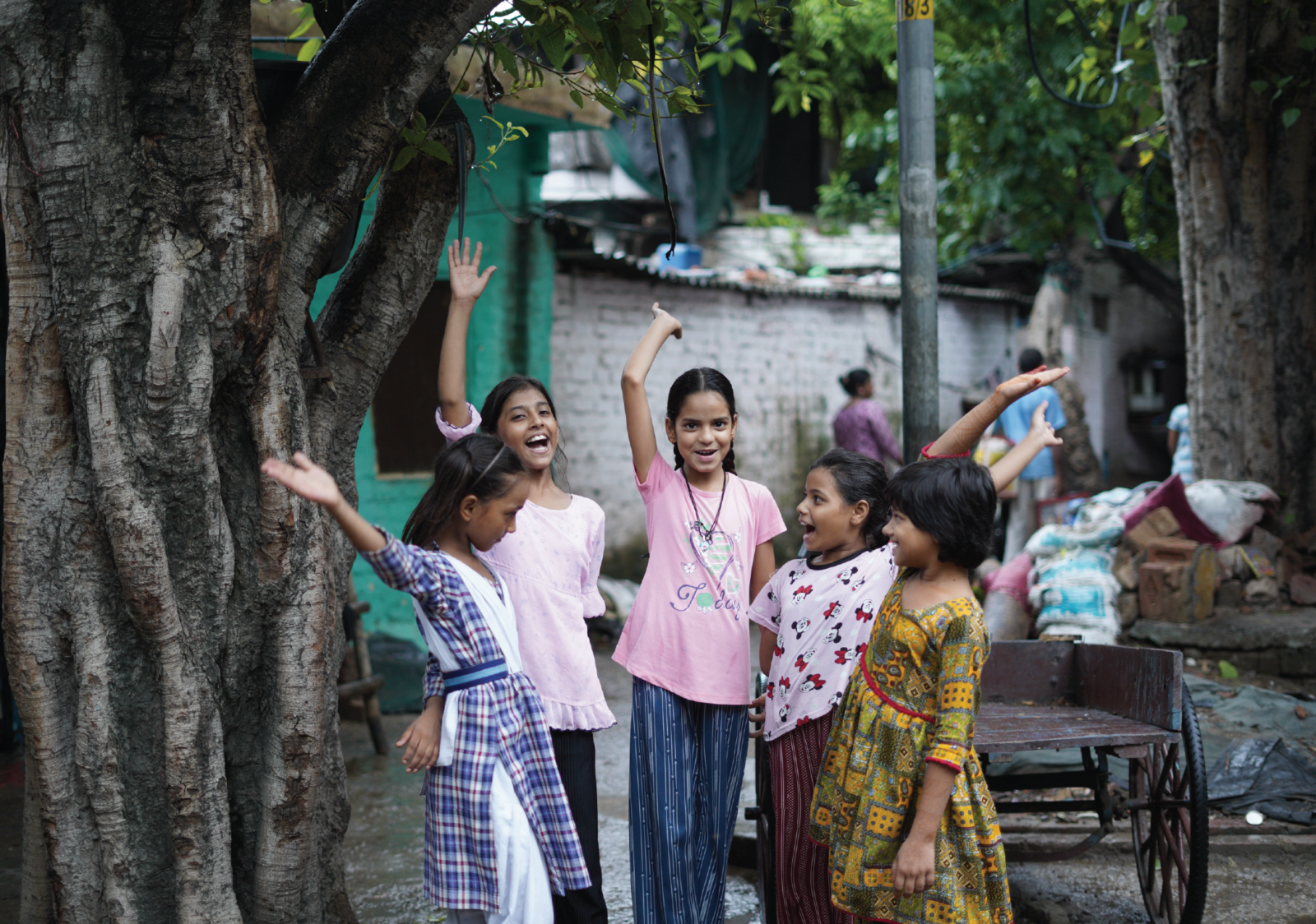As we inch towards Children’s Day, we must re-look at the UN Convention on the Rights of the Child (CRC) that first recognised and demanded the recognition of the rights of children.
CRIN is a creative think tank that produces new and dynamic perspectives on human rights issues, with a focus on children’s rights. To encourage critical reflection of children as human beings with human rights, CRIN has re-interpreted the CRC’s 41 articles as original illustrations, by CRIN‘s Art Director Miriam Sugranyes, who says: “The idea is to encourage the viewer to think differently about children and their place in society. Through conceptual illustration and using a range of everyday objects, we are exploring the issues from the Convention on the Rights of the Child whilst moving away from the problematic ways children are usually depicted by charities and NGOs. We want to ensure we are presenting children in a way that is dignified, and in doing so, we are reiterating the fact that children deserve to have their human rights fully recognised because they are human beings now.”
Keeping childhood at the centre, these evocative illustrations from CRIN are a stark reinforcement of the rights we cannot forget.
The below is simply a preview of the illustrated 41 articles on the Rights of the Child. To view the full set, visit CRIN’s Rights gallery page here.
ARTICLE 13: FREEDOM OF EXPRESSION
Children have the same right to free expression as adults, but it is not always respected. The degree to which it is acts as a gauge of how children are perceived as human rights holders in a given society. If children are not able to express their opinions and feelings, how can they describe the ways in which their rights are respected or infringed, and learn to stand up for the rights of others? Communities evolve through the exchange of ideas and shared knowledge; without it, societies would become stagnant with only the views of the most powerful on display.

ARTICLE 14: FREEDOM OF THOUGHT, CONSCIENCE AND RELIGION
People in many societies experience barriers to enjoying this right, in particular to freedom of religion. But children face additional barriers – their convictions are ultimately constricted by their parents and other adults around them. Rarely can a child freely choose their own religion or convert without parental consent, or coercion from family, school or the State. However, international law says the role and duty of adults is to provide “direction” to children, meaning parents can introduce them to their faith and involve them in religious activities, but children must increasingly be given control over their own involvement in their parents’ or any other religion or no religion.
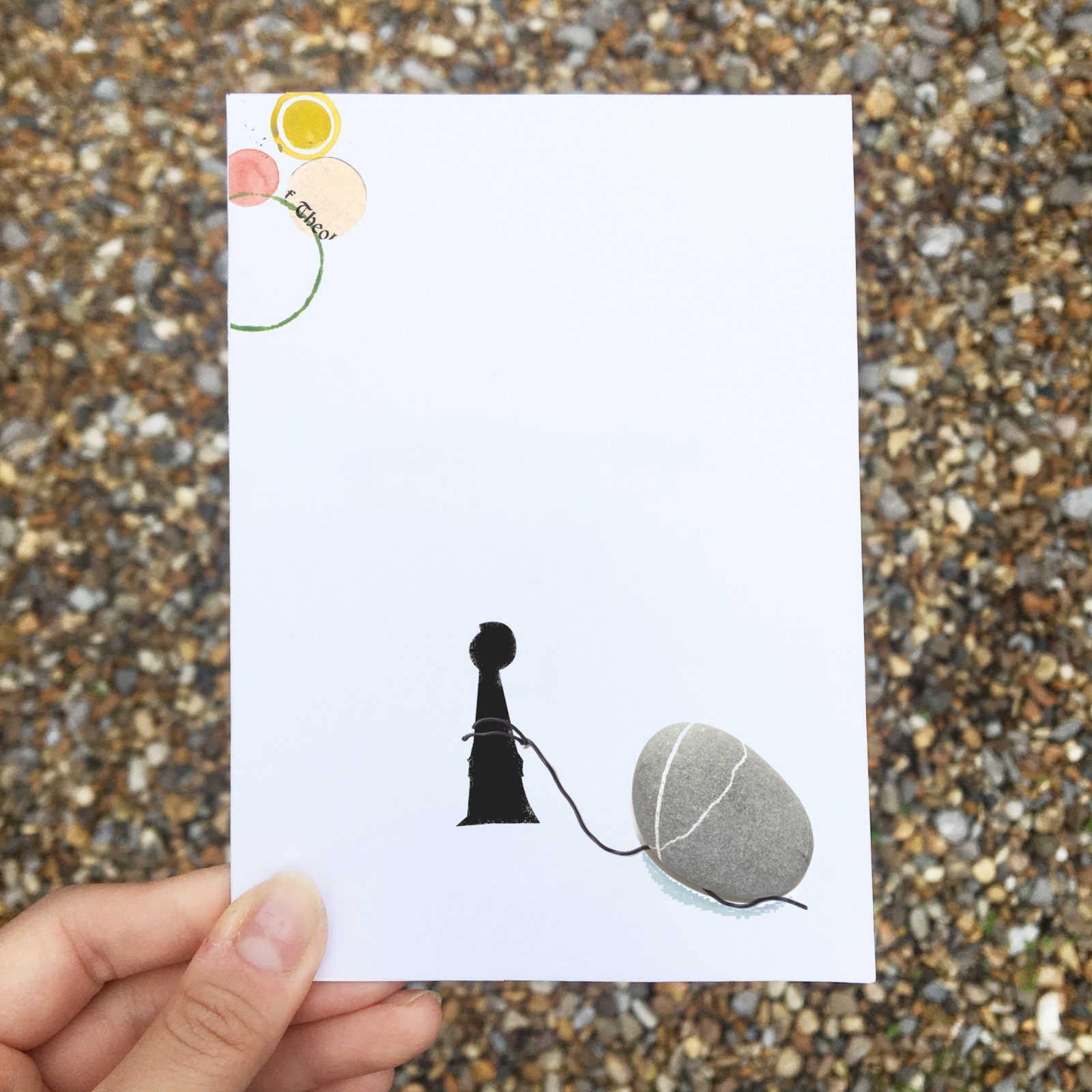
Children are particularly vulnerable to breaches of their privacy because of the range of situations in which adults have power over them. Some children are more likely to experience this than others as a result of their living arrangements. Children living in institutions, for example, may have their communications intercepted and may be subject to searches of their personal belongings. Children’s use of the internet adds another dimension to this right.
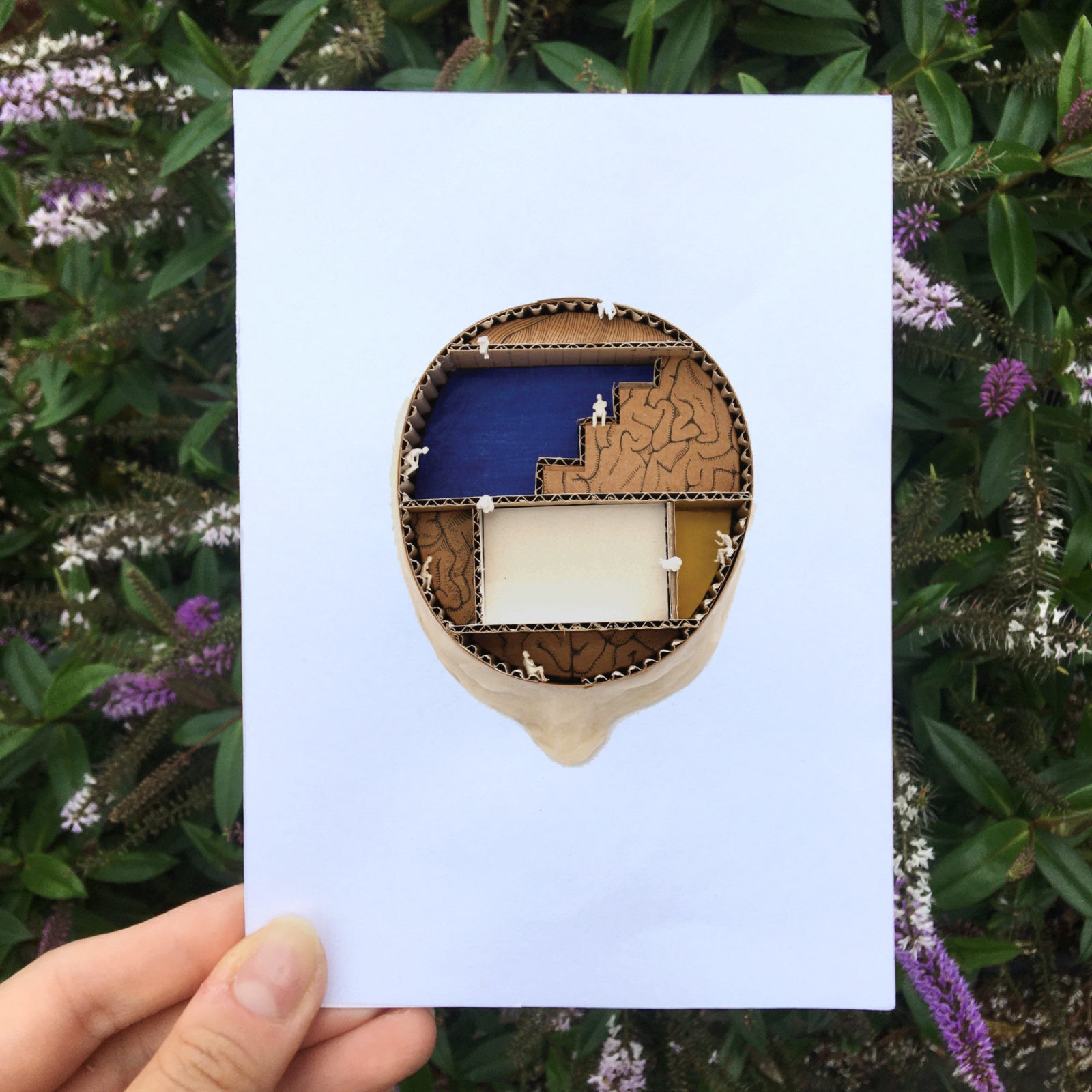
ARTICLE 18: PARENTAL RESPONSIBILITIES
Parents play a central guiding role in a child’s life. But while parents have a duty to care and provide for their children, they do not have a right to raise or treat them however they see fit; a child’s best interests should be their primary concern. This duty requires support from the State – whether in the form of child-care for parents in paid work or other provisions.

ARTICLE 19: PROTECTION FROM VIOLENCE
Violence against children is widespread and extremely damaging. Much violence is hidden behind closed doors, including in the family home, schools, care homes, detention centres and other institutions. However, in many States, laws prohibiting violence are non-existent or inadequate. In the majority of countries, children can be hit by adults as a form of ‘discipline’ – an act that would be treated as a criminal offence if committed against an adult.
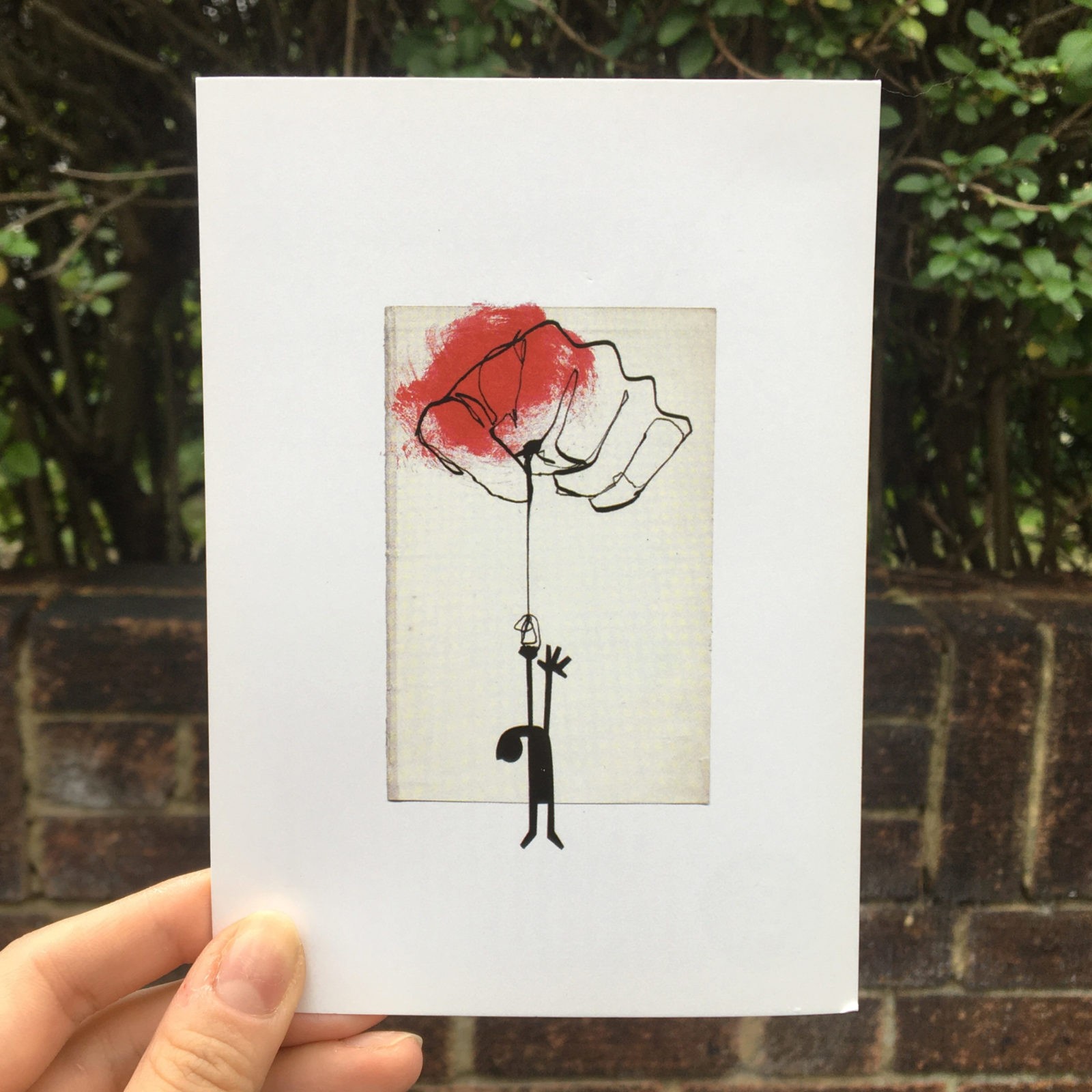
ARTICLE 26: RIGHT TO BENEFIT FROM SOCIAL SECURITY
Children suffer disproportionately from poverty, just as they are disproportionately affected by decisions about who can access social security and how this is delivered. Children’s inability to influence economic policy is a direct consequence of their low status in society, lack of income, and exclusion from democratic processes.
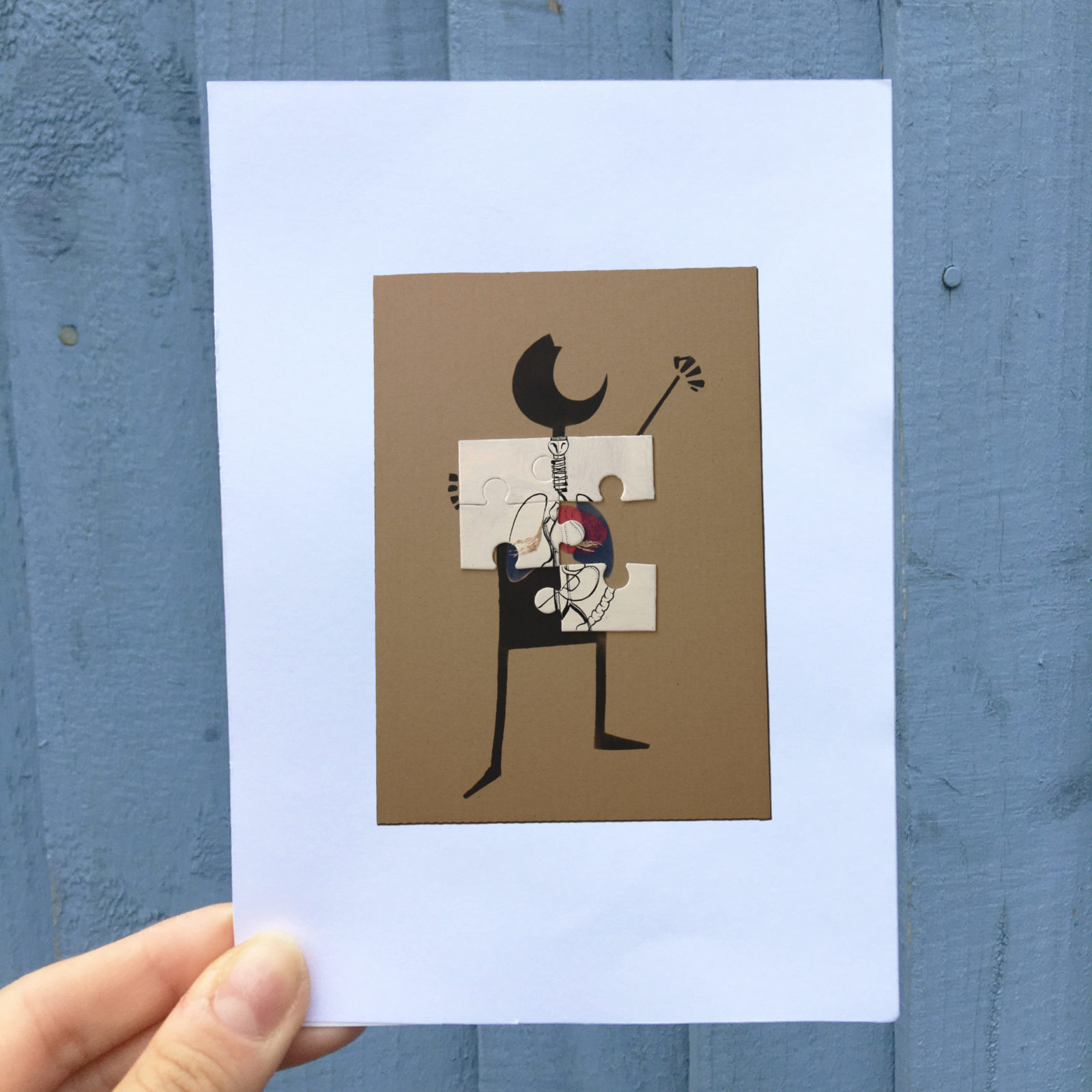
ARTICLE 27: RIGHT TO AN ADEQUATE STANDARD OF LIVING
Children’s development depends on their ability to enjoy a decent standard of living. Of course this means they should have adequate clothing, nutrition, and housing. But many other elements are needed to secure children’s wellbeing and inclusion in society – not just the ability to cover basic needs. These include having sufficient time to play, the opportunity to access the internet and the enjoyment of a clean environment.

For the entire series of illustrated CRC’s by CRIN, head over to their website.





